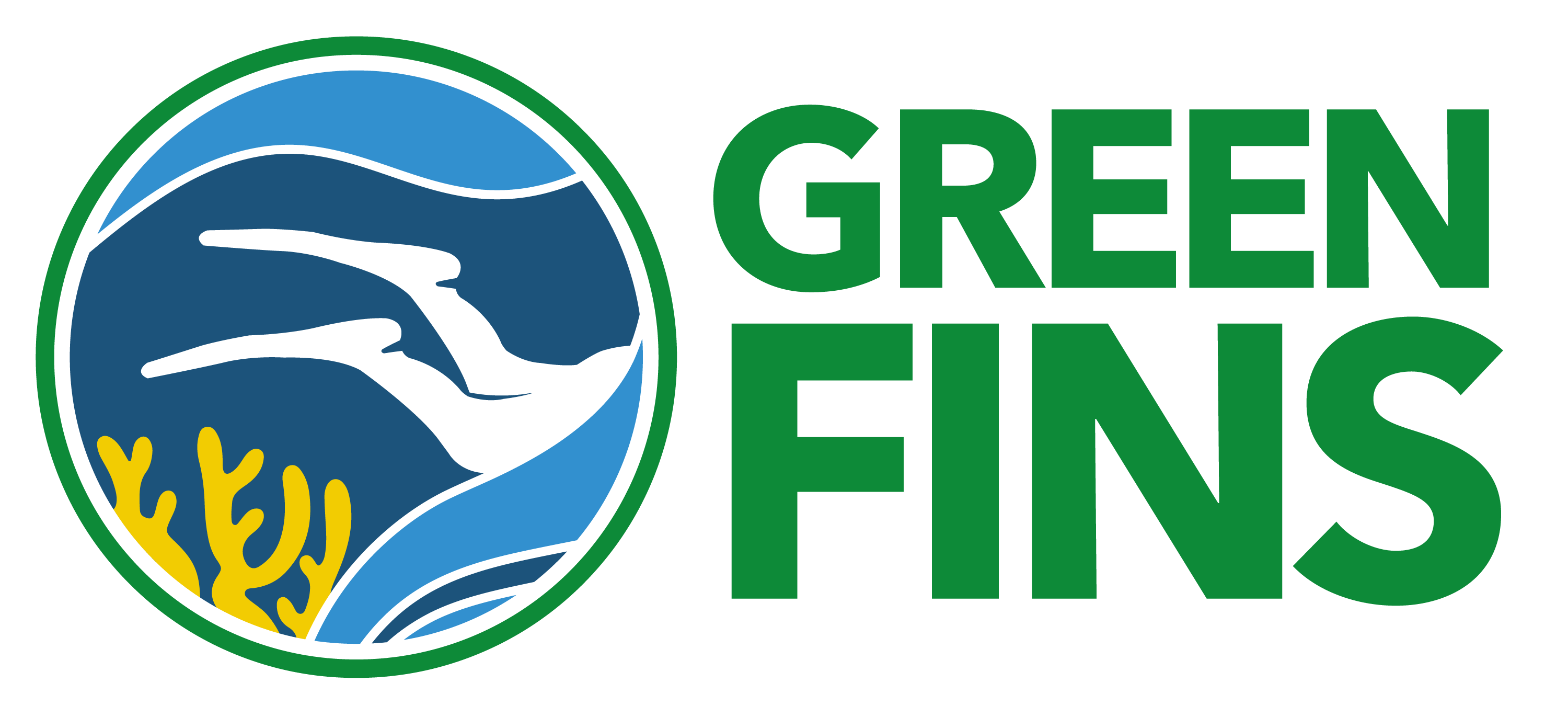It’s a tough time to be around coral reefs. In 2023, a terrifying amount of coral bleaching was reported in the Caribbean, then spreading to the Great Barrier Reef in Australia, and by April 2024, in all regions of the world where warm water coral exists. When this happens, it becomes known as a global coral bleaching event. This is the fourth such event ever recorded and each time has been exponentially worse than the last. The first in 1998 affected 8% of reefs. Now, 26 years later, this event is affecting 55% of the world’s reefs.
Each event leaves reefs more vulnerable than before, even if the coral does recover it is more vulnerable to stress – whether that’s heat, pollution, disease or direct contact. So in reality, a bleaching event may ‘finish’ but we may not see the true impacts for years to come. Unfortunately, it’s unlikely that reefs will fully recover before the next bleaching event. You might have even noticed this on your favourite dive sites. A little less coral cover, a bit more algae, fewer fish?
Luckily, the frustratingly slow pace of reducing carbon emissions that would reduce heat stress on coral is being countered by the intensity of effort being put into promoting reef resilience – the concept that by alleviating the localised and direct threats to corals, they can be more resilient to these bleaching events. This buys precious time to work towards a carbon-neutral future and for corals to adapt to the new hostile conditions. And the marine tourism industry is leading the charge against local threats.

It started with a code of conduct
In 2004 the UN Environment Programme published a new code of conduct, an environmental blueprint, for scuba diving and snorkelling operators to reduce any negative impacts their business might pose on coral reefs. They called it Green Fins.
The first team to start using and rolling it out to dive and snorkel operators was the Phuket Marine Biological Association in Thailand under the leadership of Khun Niphon Phongsuwan. A seasoned coral reef scientist, Khun Niphon understood the opportunity to engage coral reef users with its protection. Teaming up with Anne Paranjoti (nee Miller) of The Reef-World Foundation, they started working with businesses in Phuket, Thailand. Khun Niphon and Anne shared an unshakeable trust in the capacity of people to do the right thing once they knew what that was. They believed the best way to help reefs was to help the people who used and relied on them. This human-centric approach remains at the heart of Green Fins today, 20 years later.
In people, there is power
In 2008, Chloe and JJ Harvey (now co-directors of Reef-World) joined the team and provided some much-needed capacity to take the code of conduct, and the central trust in people further afield.
They worked tirelessly with the managers and staff of dive operators and government officials in diving hotspots of Thailand, then Indonesia, Malaysia and the Philippines building reciprocal relationships that not only helped the marine tourism industry improve their compliance with the code of conduct, but took on feedback to evolve and shape Green Fins into a programme that supported the people who wanted to make a difference. They trained Green Fins assessors from governments and NGOs to assist businesses in evaluating their compliance with the code of conduct, providing simple and affordable solutions to environmental challenges, and equipping staff with the knowledge and tools they need to do their jobs in an environmentally friendly way.
To this day, membership to Green Fins remains voluntary. Any operator at any stage of its sustainability journey is welcome. Green Fins doesn’t care where a business is starting from, it’s just inviting it to start.



Green Fins everywhere, for everyone
By 2019 (and two global coral bleaching events later), Green Fins teams had been established in 13 countries across the world’s coral reef areas. But it still wasn’t enough — not only was the need for coral reefs greater than the reach of the programme, but the diving and snorkelling communities were hungry for more. Where assessors used to spend time recruiting new operators as Green Fins Members, they were now receiving requests from more and more operators and from more and more countries.
Reef-World set to work on their most ambitious evolution of Green Fins yet — taking it digital. James Greenhalgh (then Digital Strategy Manager) and Samantha Craven (then Programmes Manager) led the charge with the support of the whole team. How could they adapt Green Fins into an online and self-guided programme that not only maintained the high standards of the in-person implementation of Green Fins but didn’t lose its human touch in the digital realm?
All of these aspirations were to be housed on a new online platform dubbed Green Fins Hub. Reef-World engaged the Philippines-based development team Abstract Digital. The team there had never worked on a conservation project before, let alone one that protected an ecosystem that was a mere 40-minute drive away from their office.
Step-by-step the transition rolled out, getting feedback from members and assessor teams at every iteration and Green Fins evolved. Member operators are now ranked based on their assessment score – Bronze, Silver or Gold as a way to both incentivise improvement over time and make it clearer for tourists to make sustainable choices. A new type of membership was launched. Digital Members could evaluate and track their own performance through a carefully constructed questionnaire but always have access to a Reef-World team member for support (and crucially provide feedback to improve the process). Furthermore, all Members have access to a huge library of environmental solutions that have been tried and tested by Green Fins Members over the last 20 years. And keeping community support central to it all, the Green Fins Community Forum moderated by Reef-World’s Digital Programmes Officer, Erin Canto, hosts active discussions, advice and celebrates the wins of the entire network.

The future of reefs is a choice
There is a future in grasp. One where we can still enjoy diving on coral reefs. One where the 1 billion people who currently rely on the food, coastal protection and livelihood from coral reefs still benefit from them. One where society still benefits from the $375 billion per year in goods and services that reefs provide.
But that future is something each one of us has to actively work towards. Individually our choices are the way we invest in this future — the way we vote for candidates who are serious about climate change, the way we choose to support sustainable businesses, and the way we take care of our own impacts above and below the water. This future is attainable, and to get there, we need to start making these choices now.
Green Fins encourages and empowers divers, snorkellers, the diving industry and coastal communities to reduce the pressures on coral reefs by offering marine tourism companies practical, low-cost alternatives to harmful practices — such as anchoring, fish feeding and chemical pollution — as well as providing strategic training, support and resources. By reducing the local direct and indirect pressures tourism puts on coral reefs, it helps make corals healthier and more resilient to other stresses such as the effects of climate change.
- If you are able, consider supporting these critical Green Fins efforts at www.greenfins.net/donate.
- Dive operators can learn more about membership at www.greenfins.net/join.
- Dive professionals can take the Green Fins Dive Guide e-Course for free at www.greenfins.net/green-fins-dive-guide.
- Recreational divers can take the Green Fins Diver e-Course at www.greenfins.net/green-fins-diver.


